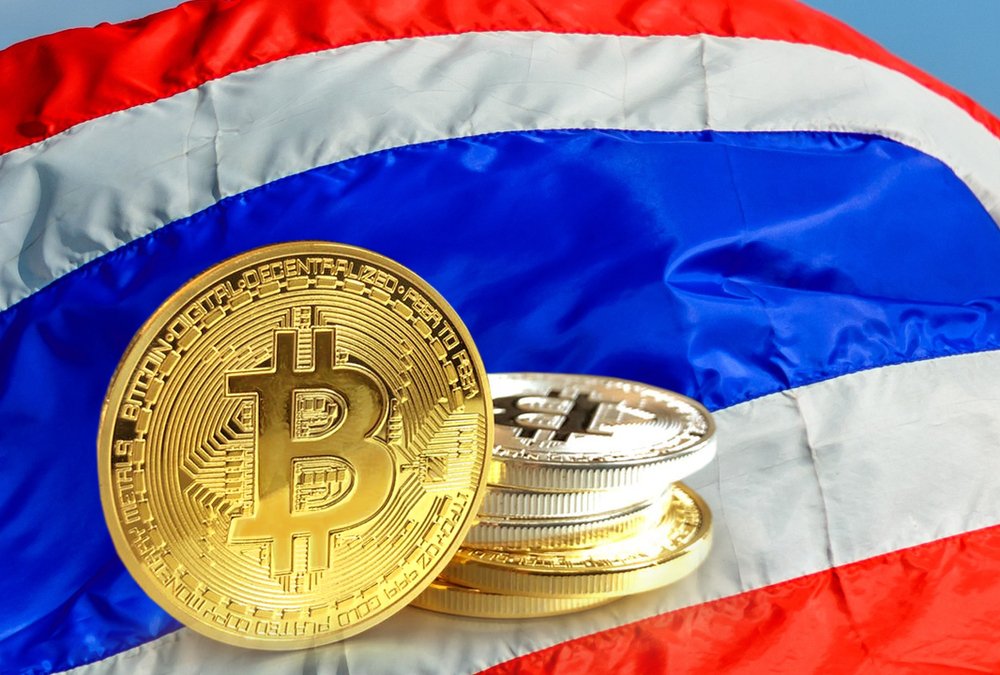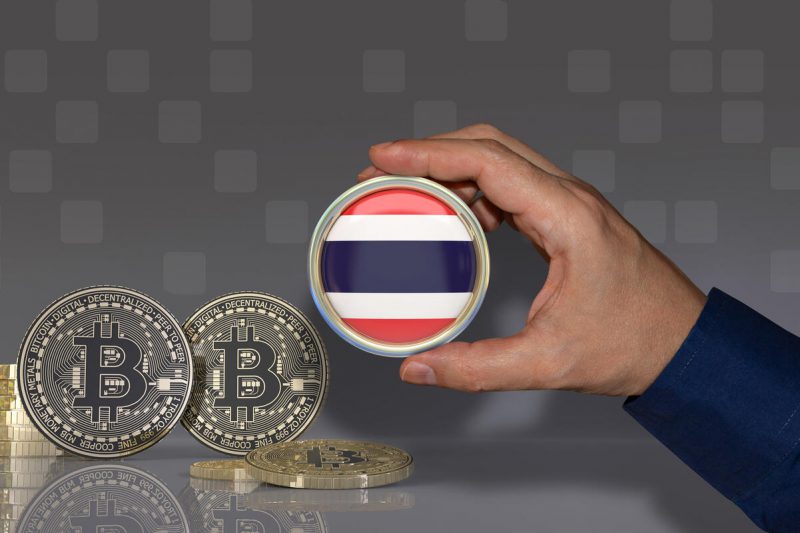The Securities and Exchange Commission (SEC) of Thailand has slapped a lawsuit on five individuals for artificially pumping volumes on Bitkub and Satang Corporation crypto exchanges.
The creation of artificial volumes is known as wash trading. It is an illegal practice used to lure in investors who believe that a certain asset is popular due to high volumes.
According to the official press release, the SEC has fined three of the five offenders 24,161,292 Thai Baht ($636,000) as reimbursement for the SEC expenses. Additionally, the agency issued civil sanctions against the two other offenders.
Furthermore, this is not the first time the Bangkok-based crypto exchange Bitkub has found itself in trouble. Following an insider trading investigation in August, the Thai SEC fined Bitkub’s Chief Technology Officer $235,000.
The regulator has imposed civil fines on LLC Fair Expo and one male individual in the second instance involving Satang Corporation. Satang Corporation also has its headquarters in Bangkok. The Thai SEC demands a settlement of 12,080,646 Thai Baht ($318,000) as payment.


Thailand takes a strict stance on Crypto
Thai regulators are taking a strict stance in regard to crypto. Earlier this year the SEC announced a ban on the use of crypto for payments. The move was an effort to regulate the markets for the general public.
Moreover, earlier this month the Thai SEC announced that it would halt services and suspend withdrawals of digital assets of customers. This was due to crypto service providers facing liquidity problems. According to the Thai SEC, cryptocurrency business owners are not able to accept digital asset deposits. In addition, they cannot then use those deposits to borrow money or make investments in order to reimburse the depositors.
Additionally, it is now illegal to advertise, solicit the public, or engage in any other behavior that might encourage deposit-taking and lending services. Basically, the SEC banned staking and lending services in the country.





